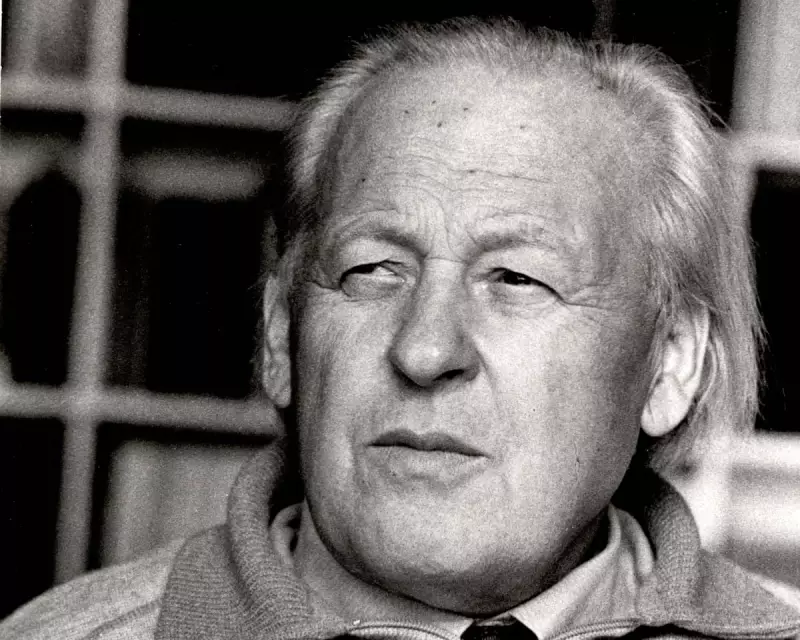
In the hushed screening rooms of Prague's Barrandov Studios, a quiet revolution was taking place. While the world celebrated Hollywood's orchestral grandeur, a visionary Czech composer named Zdeněk Liška was forging an entirely new musical language for cinema—one that would forever change how films sound.
Liška's extraordinary contribution to cinematic art, long celebrated in specialist circles, is finally receiving the international recognition it deserves. This master innovator created scores for over 300 films during his remarkable career, developing techniques that placed him decades ahead of his time.
The Architect of Unforgettable Soundscapes
What set Liška apart was his radical approach to composition. He didn't merely accompany visuals—he built intricate sonic architectures that became integral to the storytelling itself. His workshop resembled a scientific laboratory more than a traditional composer's studio, filled with magnetic tapes, custom-built equipment, and experimental instruments.
Liška pioneered techniques that would become standard practice years later: tape manipulation, musique concrète, electronic synthesis, and multi-layered acoustic textures. He treated sound as raw material to be sculpted, distorted, and transformed—often spending weeks creating just a few minutes of music.
Masterpieces of Cinematic Synergy
His collaborations with directors of the Czechoslovak New Wave produced some of cinema's most haunting auditory experiences. In Juraj Herz's The Cremator, Liška's score becomes a psychological extension of the protagonist's descent into madness. For Jaromil Jireš's Valerie and Her Week of Wonders, he crafted a dreamlike soundscape that perfectly captures the film's surreal fairy-tale atmosphere.
Perhaps most remarkably, Liška achieved these innovations while working within the constraints of state-controlled cinema during Communist rule. His ability to create avant-garde art within a restrictive system speaks volumes about his creative ingenuity and determination.
A Legacy That Echoes Through Time
Today, Liška's influence can be heard in the work of contemporary film composers and musicians across genres. His approach to sound design predated—and arguably inspired—many techniques now commonplace in both cinema and popular music.
Recent years have seen a resurgence of interest in Liška's work, with vinyl reissues of his soundtracks selling out rapidly and new generations of filmmakers discovering his extraordinary compositions. Music historians now recognise him as one of the most important—and unjustly overlooked—innovators in twentieth-century music.
As we continue to explore new frontiers in cinematic sound, Zdeněk Liška's work stands as a testament to the power of innovation, reminding us that true artistry knows no boundaries—political, technological, or creative.





